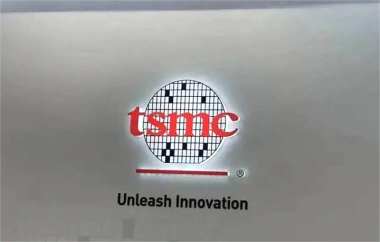
According to industry reports, Taiwan Semiconductor Manufacturing Company (TSMC) has begun notifying major clients—including Apple—about an upcoming price hike for its advanced chip fabrication technologies. Insider “yeux1122” on Korean platform Naver revealed that TSMC plans to raise prices by 8–10% for chips built on processes below 5 nanometers, including Apple's current A16, A17, A18, A19, M3, M4, and M5 series, as well as future versions. The new pricing is expected to take effect next year.
Last month, reports from China Times indicated that Apple's next-generation A20 chip, which will likely debut with the iPhone 18 series, will see a significant cost increase. The A20 is rumored to be Apple's first chip based on the 2nm process, marking a major leap in performance and power efficiency compared to the current 3nm-based A-series chips.
Sources claim TSMC has informed clients that 2nm chips will cost at least 50% more than 3nm chips. The primary reason lies in the high capital investment required for the new process and the still-developing yield rates, meaning no discounts are being offered at this stage.
Industry estimates suggest that flagship 2nm smartphone chips could cost around $280 per unit once mass production begins—making it the most expensive component in an iPhone and potentially pressuring Apple's profit margins unless the additional cost is passed on to consumers.
For comparison, the A18 chip reportedly costs about $45, while the total bill of materials (BOM) for the iPhone sits around $416 with a retail price of $799, meaning the chip accounts for roughly 10% of material costs and 5–6% of the retail price (excluding logistics and R&D).
If the rumored pricing holds true, analysts expect Apple to limit 2nm chip adoption to premium models—such as the iPhone 18 Pro and iPhone 18 Pro Max—when the lineup launches in 2026. Well-known analyst Ming-Chi Kuo previously cautioned that due to high production costs, not all iPhone 18 models would feature the 2nm processor.




